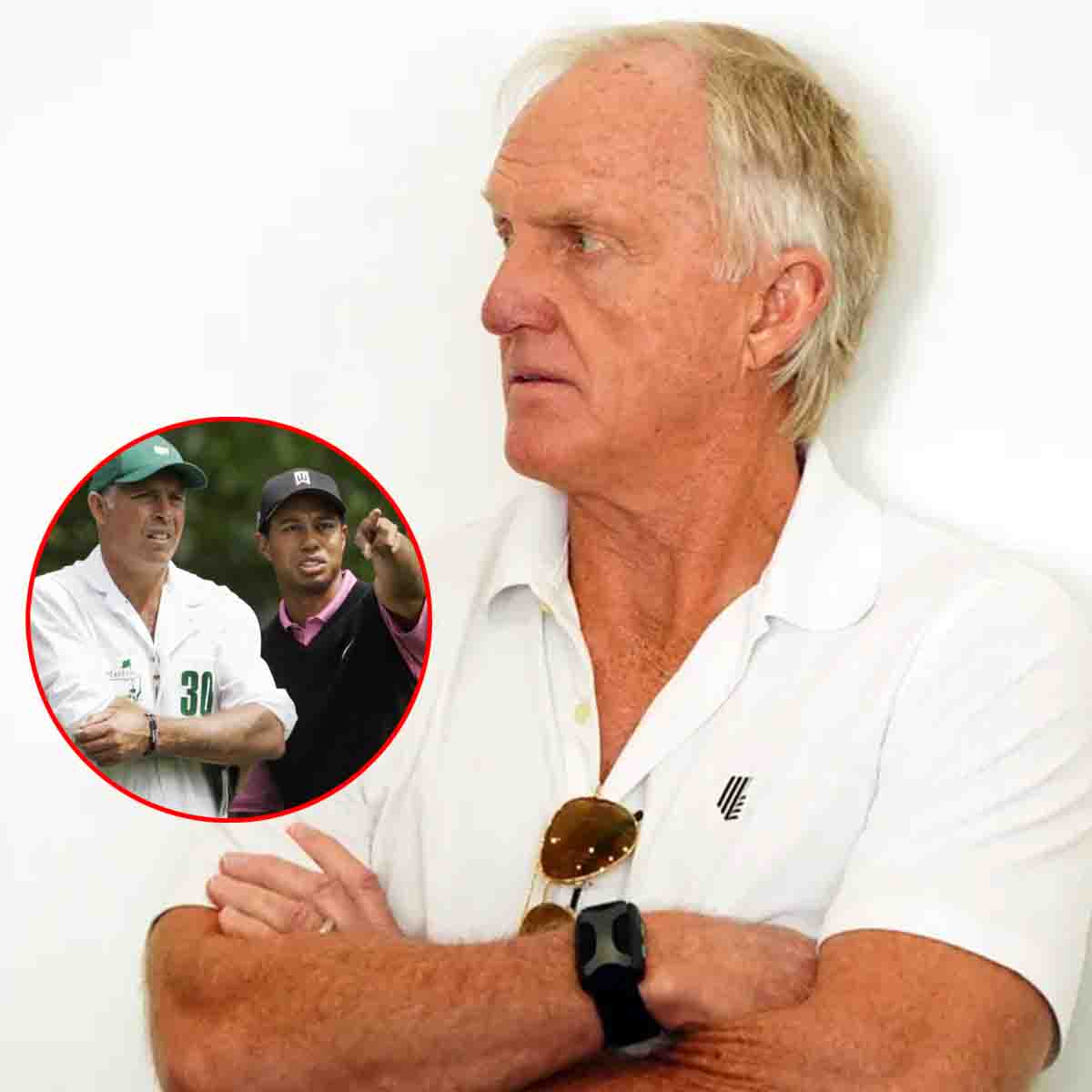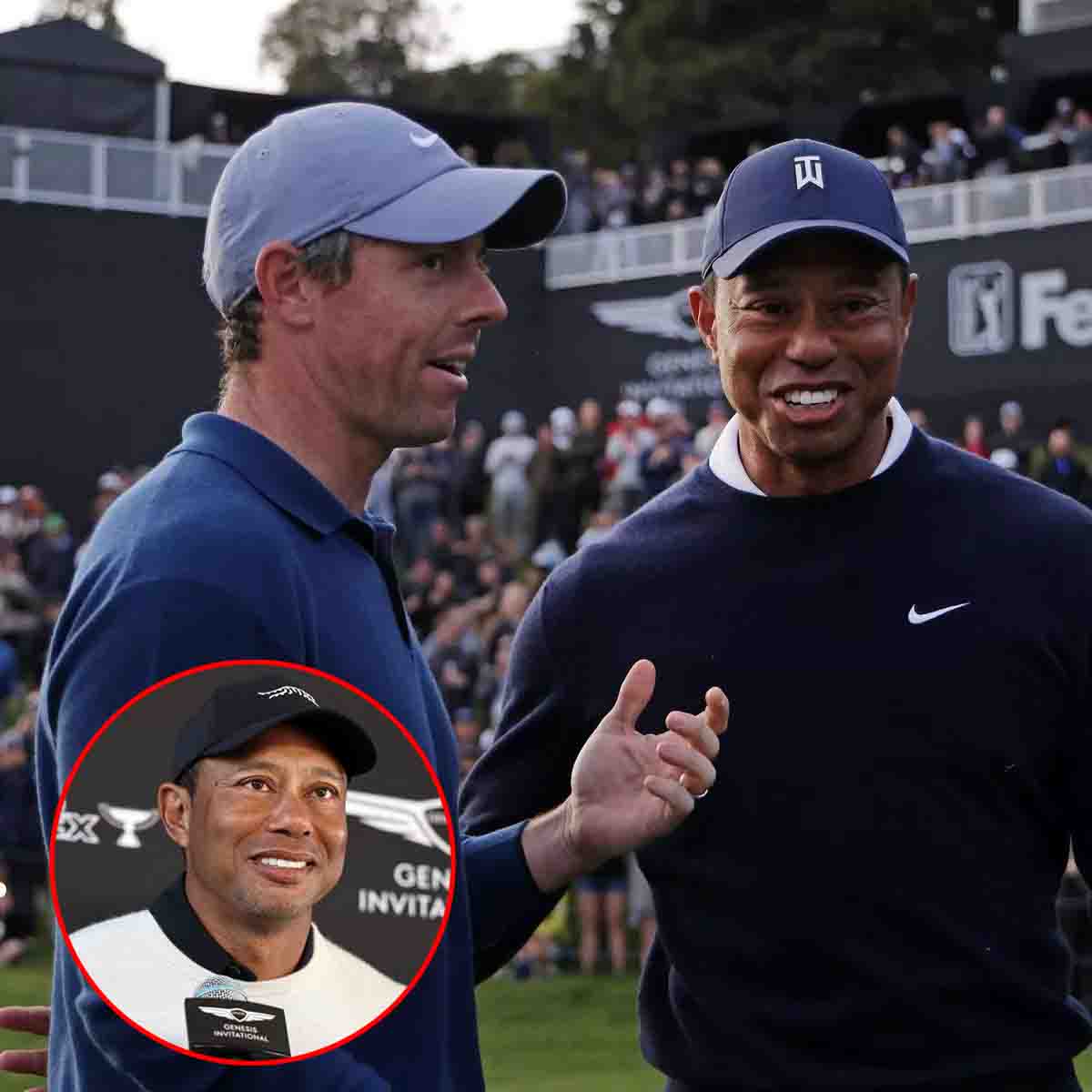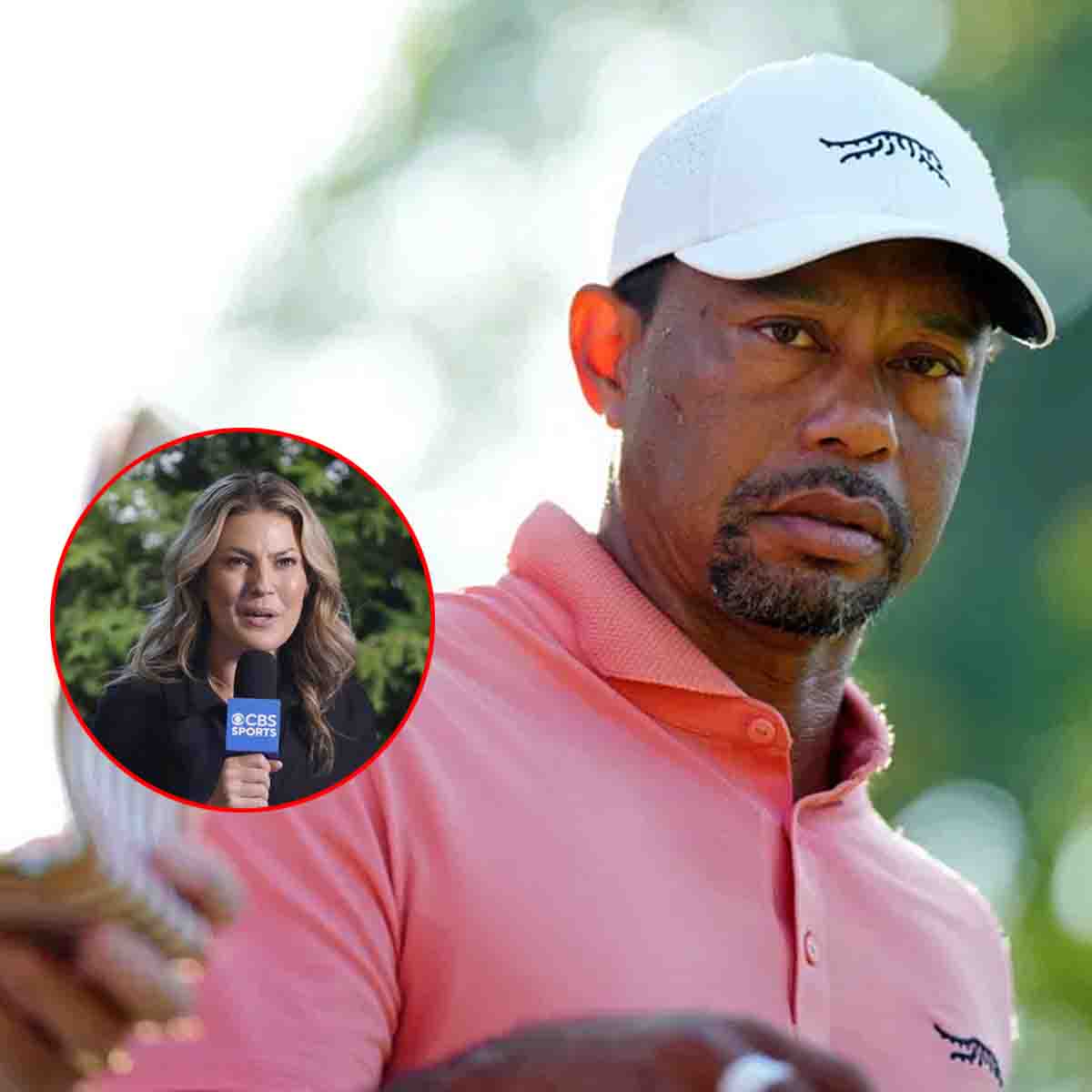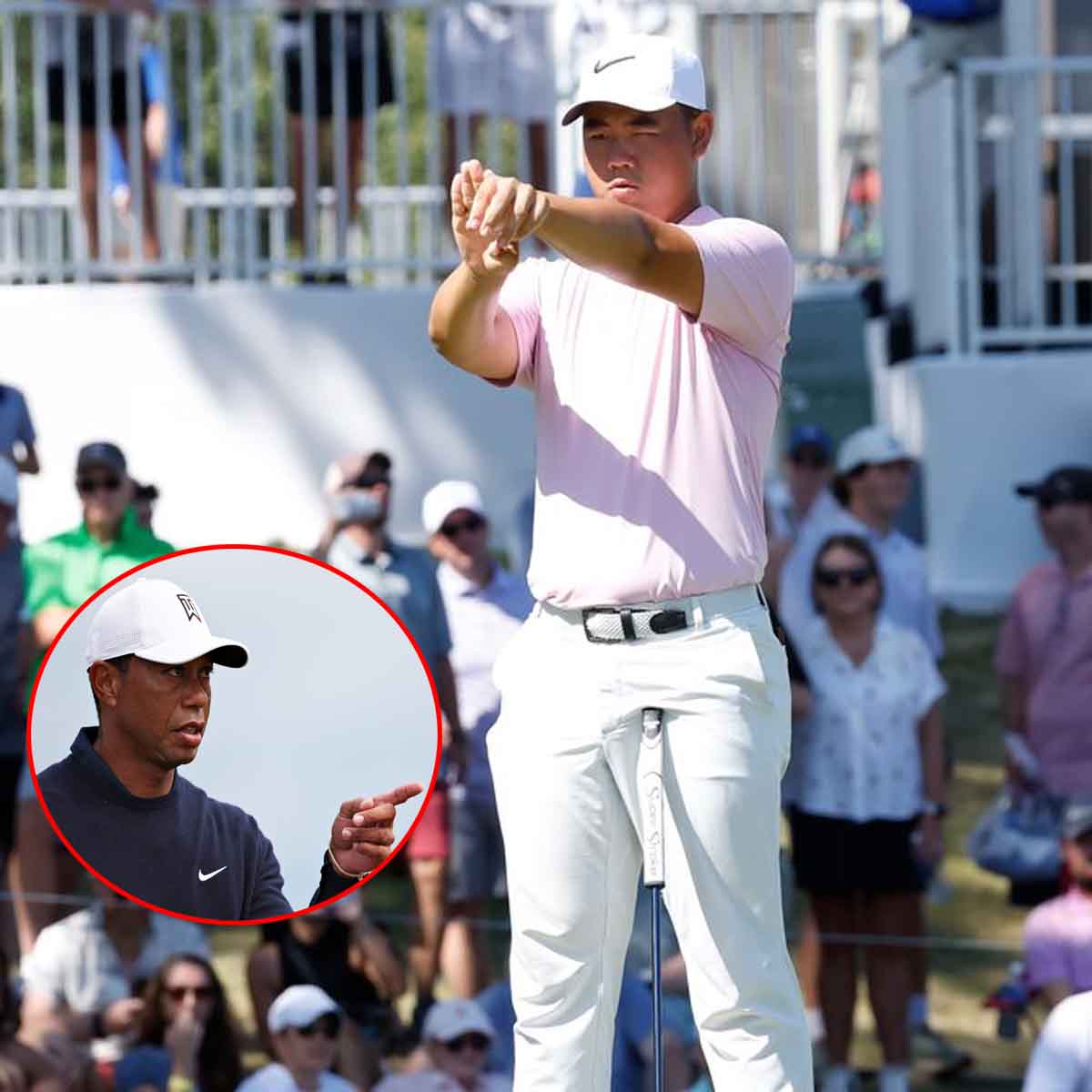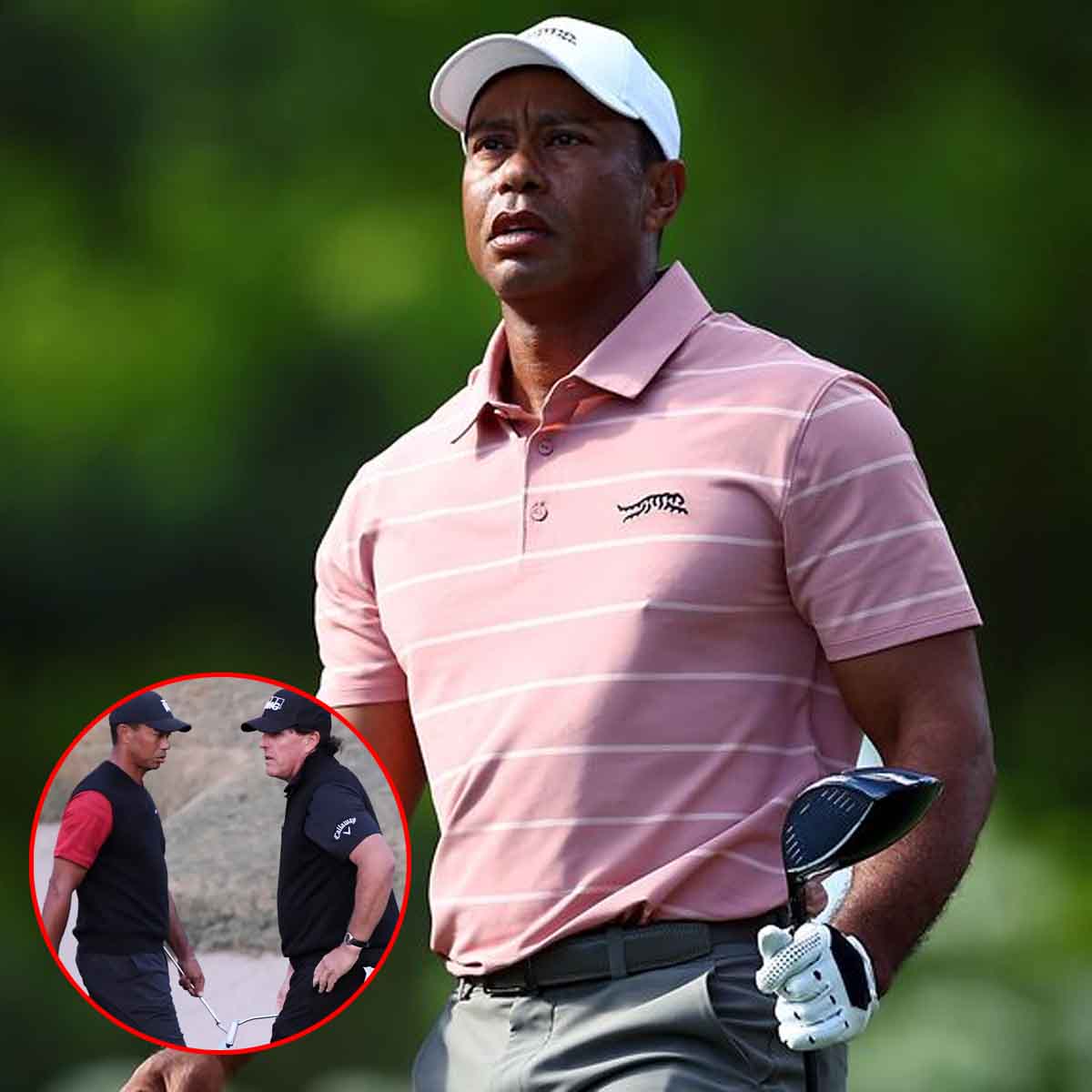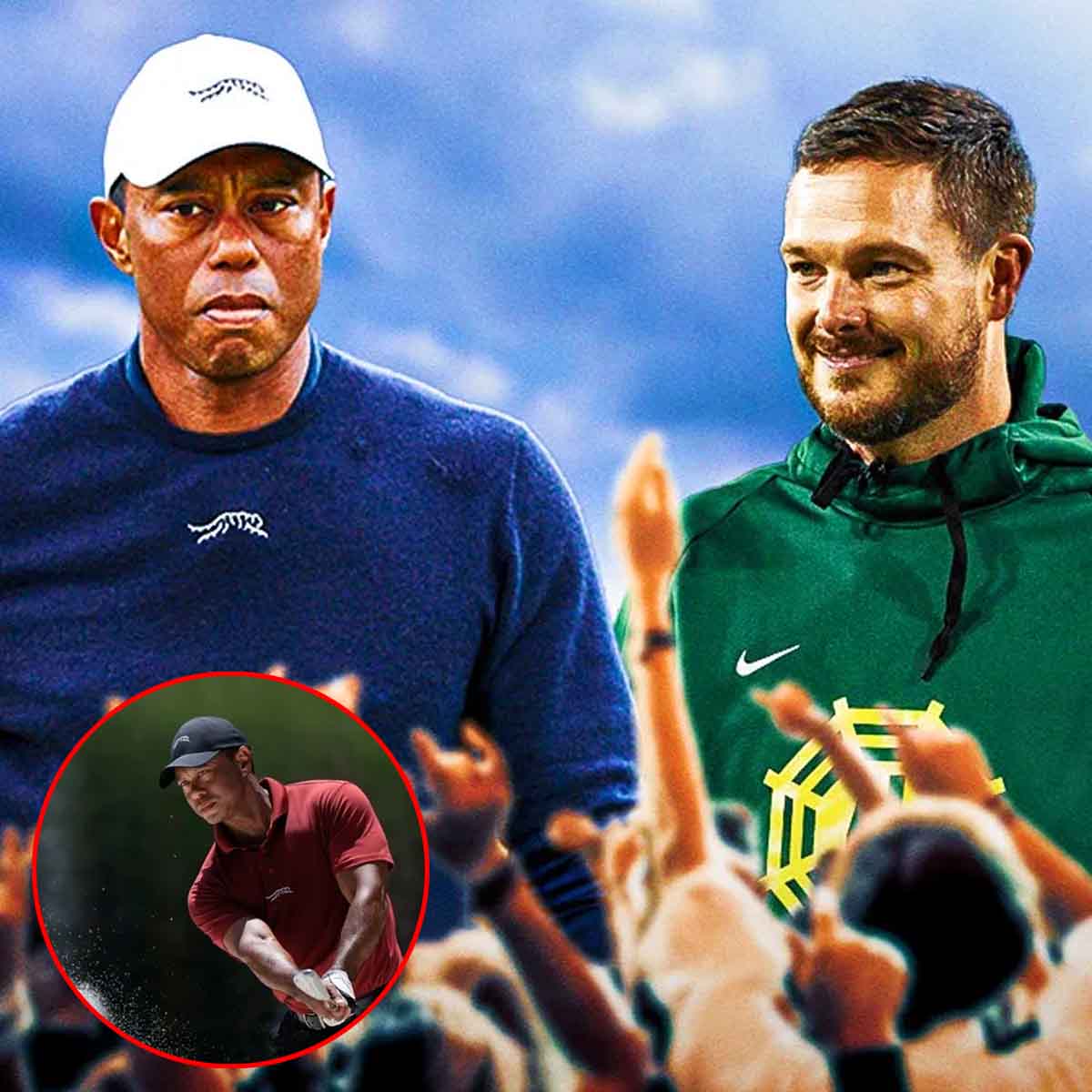The Danish striker cannot catch a break in domestic competition despite his Champions League goal haul – and Liverpool will show him no mercy
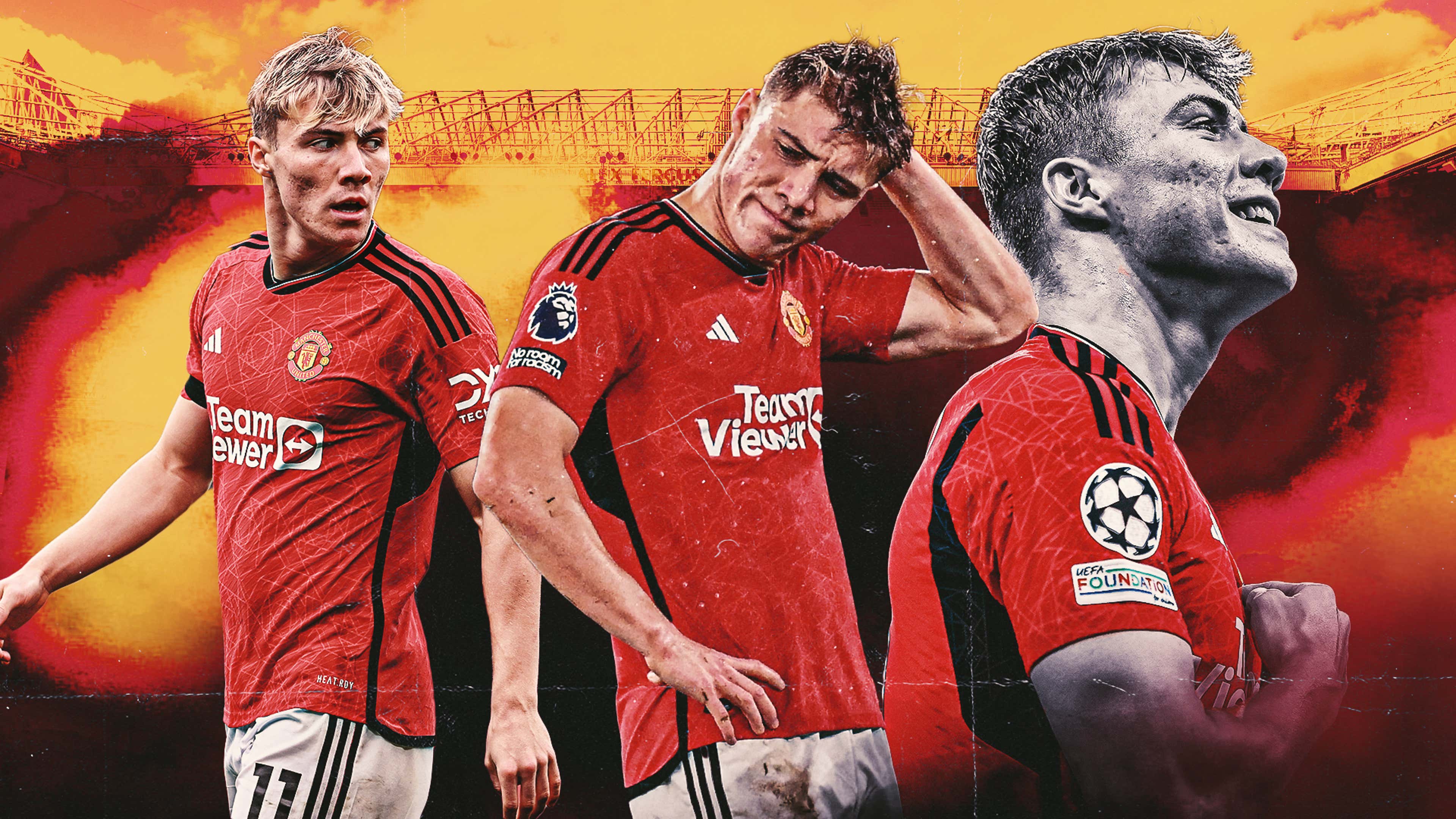
Manchester United knew that they were buying into potential rather than proven quality when they signed Rasmus Hojlund in the summer but even so, they would have expected their £72m ($90m) striker to have scored at least a few goals four months after his arrival.
Yet after 12 appearances, the Danish hitman is still waiting to score his first Premier League goal in the famous red shirt, which hardly gives his team much confidence as they head to Anfield braced for another heavy beating.
Hojlund has had a paradoxical start to life with United. He had been on fire in the Champions League, notching five goals in his opening four games to make him top scorer alongside Erling Haaland and Alvaro Morata.
But as luck would have it, none of those goals yielded any points for United due to their shambolic defending, and Hojlund failed to score against Galatasaray and Bayern Munich as the Red Devils completed an utterly miserable return to the Champions League by finishing bottom of Group A.
United now have just the Premier League and FA Cup to play for, which means Hojlund urgently needs to adapt to the demands of English football and relocate his scoring boots to help them salvage something from this nightmare season…
One disallowed goal in 798 minutes
Hojlund had to wait almost a month to make his United debut after injuring his back over the summer, but his first appearance off the bench against Arsenal gave fans plenty of reasons to be optimistic.
In just 23 minutes on the pitch he put the Gunners’ defence under real pressure with his searing pace and clever runs, nearly winning a penalty and helping release Alejandro Garnacho to score a goal that was ruled fractionally offside by VAR.
In his first start for United against Brighton he thought he had scored when he converted a Marcus Rashford pass from close range, but that was also chalked off as his fellow forward had dragged the ball out of play. United ended up losing the game 3-1 but it looked to be just a matter of time before Hojlund started scoring for fun.
Surprisingly, that has not happened in the Premier League. Despite 798 minutes of action and nine starts, that disallowed goal against Brighton remains the only time Hojlund has put the ball in the net, while he has no assists to show for himself either.
.jpg?auto=webp&format=pjpg&width=3840&quality=60) A meagre shot rate
A meagre shot rate
It’s not just the lack of goals that are concerning for Hojlund. He is barely getting glimpses of action in the penalty area. The striker is averaging 1.3 shots per game in the Premier League, compared to 1.8 in the Champions League and 2.9 in European Championship qualifying with Denmark.
And his statistics in his last five matches in all competitions make for particularly grim reading. He has mustered just three shots in total against Bayern Munich, Chelsea, Bournemouth, Newcastle and Galatasaray, only one of which hit the target.
He was barely involved in the limp 1-0 loss to Bayern, taking no shots and touching the ball just 18 times – half the amount of touches that goalkeeper Andre Onana made – while making just nine passes.
This was an occasion when the drawbacks of him being 20 years old and boasting just one and a half seasons of experience in Europe’s top five leagues were exposed. He was repeatedly muscled off the ball by Kim Min-jae, the Bayern defender who was entrusted with marking him, while he lost six of the eight duels he was involved in.
Hojlund was not helped by a typically abject performance from his team but he also did not do himself any favours, failing to get in good passing positions on the few occasions United got forward.
 Team-mates not making most of him
Team-mates not making most of him
Hojllund is yet to work up a good understanding with many of his team-mates and it often feels like his runs are either not noticed or ignored.
Alejandro Garnacho broke free in the first half against Bayern and could see Hojlund to his right but decided to go it alone, although he failed to test Manuel Neuer. Hojlund looked frustrated but the truth was he was not in the best position to receive the ball and cause danger.
But on plenty other occasions he has been justified in complaining to his team-mates about not getting the ball. Take the 3-0 home defeat against Bournemouth last weekend, when Diogo Dalot galloped down the right wing and shot into the side netting from a tight angle, ignoring Hojlund’s pleas to give him a cut-back.
“I think that’s a total lack of respect for him [Hojlund], he doesn’t even acknowledge him,” said Match Of The Day pundit Ian Wright. “He’s had a shot from the most ridiculous angle. He’s upset with himself but he doesn’t even look for Hojlund. Hojlund has got to be pulling him up in the dressing room and saying ‘come on.'”
Hojlund gave Dalot a piece of his mind for not passing to him and has also been seen telling off Antony for not giving him the ball earlier. The only forward who seems to be on the same level as him is Marcus Rashford, who has had a terrible season on an individual level and has not started the last three matches.
 Prioritising McTominay over Hojlund
Prioritising McTominay over Hojlund
Another factor in Hojlund’s struggles has been the fact that he no longer seems to be the focal point of United’s attack. Ever since Scott McTominay scored twice in added time to snatch a 2-1 win over Brentford, Erik ten Hag has deployed the Scotland international in an advanced role.
At times it has seemed as though McTominay is the centre-forward and Hojlund the No. 10 or wide forward. It is a highly intriguing tactical shift considering United paid so much money for Hojlund and would have been happy to part with McTominay in the summer had they received any decent offers.
McTominay has struck three times since then in the top-flight and once in the Champions League against Copenhagen, making him the team’s most unlikely top scorer with six goals in all competitions. He proved the difference against Chelsea, which was United’s best display of the season, and seemed to vindicate Ten Hag’s faith in him.
“Sometimes he is deep [in the opponents’ half] and sometimes he is lower but our game plan is that we want him to be high [up the pitch] often,” Ten Hag explained.
“So the team has to make it happen that he can come high and that he can come into positions where he is around a striker and then he can make a run. He has a very good smell for when to arrive. The team has to make sure that we bring the ball with him.”
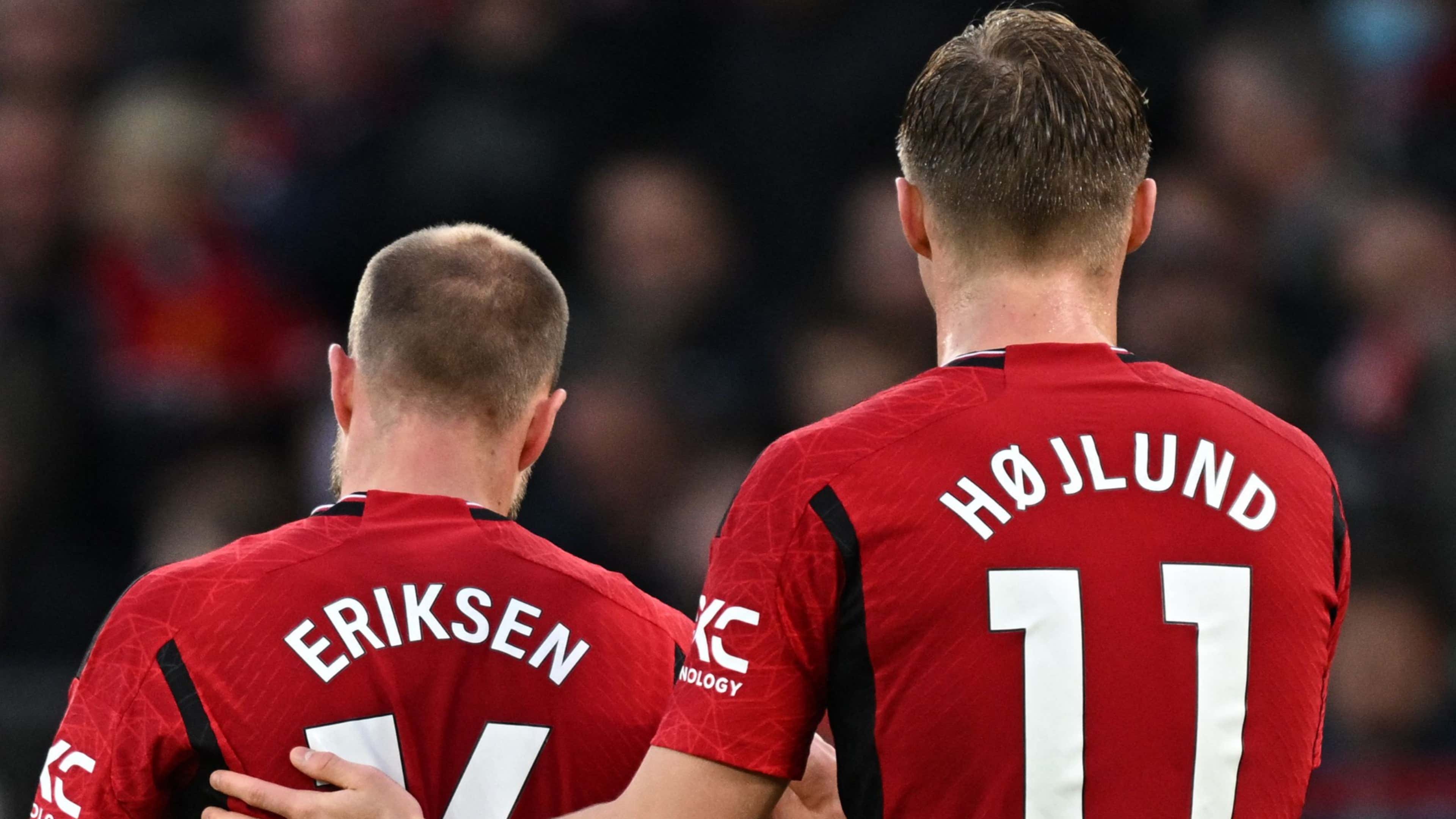 No midfield control and passes through
No midfield control and passes through
But the tactical shift, which has been compared to Jose Mourinho’s use of Marouane Fellaini, has come at a cost. United seem less able to dictate games when using McTominay as a lethal passenger whose main job is to get into the box and their build-up play is less fluid.
And that does not suit Hojlund, who is at his best when he is latching on to through balls and can use his pace to get behind defenders. The Dane’s best moment for United was his thunderous run through the middle of the pitch to score at home to Galatasaray, which brought back memories of Ruud van Nistelrooy bulldozing his way through Fulham’s defence 20 years previously.
But what was telling about that move was that it was all of Hojlund’s making. He had pounced on a gap in the Galatasaray midfield and took matters into his own hands, producing a deft finish after running half the length of the pitch.
That goal demonstrated Hojlund’s potential when set free and should have led to United trying to thread passes through to him behind high defensive lines. But that requires them to control games by dominating possession and trying to pick holes in the opposition – something they are currently incapable of doing.
Christian Eriksen is the one player who can give United more control and pick out the type of passes Hojlund relishes but he has been absent since mid-November, and even when fully fit he struggles to finish games.
But Eriksen’s fitness struggles are nothing new. What is astonishing is that United bought Hojlund without a proper plan of how best to integrate him into the team and make him tick.
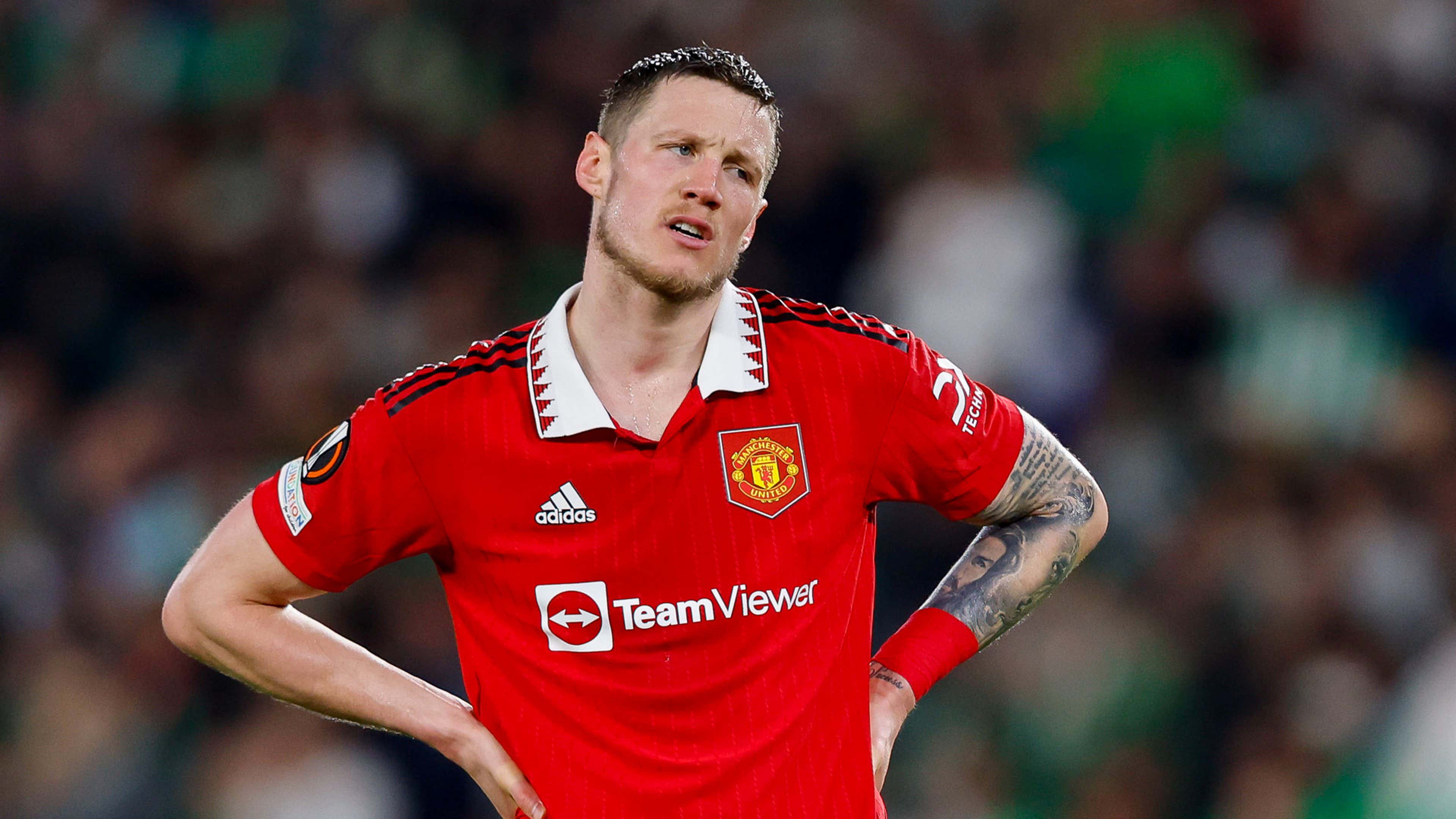 Nearly as bad as Weghorst
Nearly as bad as Weghorst
The encouraging thing about Hojlund is that he is not letting his lack of goals on the domestic front get him down and is continuing to work his socks off and sprint to make it to through balls. He is the opposite of Marcus Rashford and Anthony Martial in that sense.
He knows that nothing comes easy and he is still a young player feeling his way in a new team and a new league. And the fans are still very much on his side, cheering whenever he comes on as a substitute and booing when is he taken off, especially when Martial replaces him.
“I know my worth,” Hojlund said in October. “I know I have to perform every day because I play for Manchester United. In the end, I am only 20 years old and I am not the finished article yet. I still have a lot to improve and I am getting there slowly.”
The bad news is that he is getting dangerously close to being put in the same category as Wout Weghorst, who made 10 Premier League starts plus seven substitute appearances but left United without scoring a single league goal during his five-month loan spell.
Hojlund is clearly a more talented player than Weghorst and a future prospect, unlike the Dutchman, who was brought in as a quick and temporary fix after Cristiano Ronaldo’s acrimonious departure.
But Hojlund was ultimately signed as an antidote to Weghorst’s wastefulness, and the club invested so heavily in him as they thought he would guarantee goals. So far has not even managed one in the Premier League and his feats in the Champions League unfortunately count for nothing now United are out.
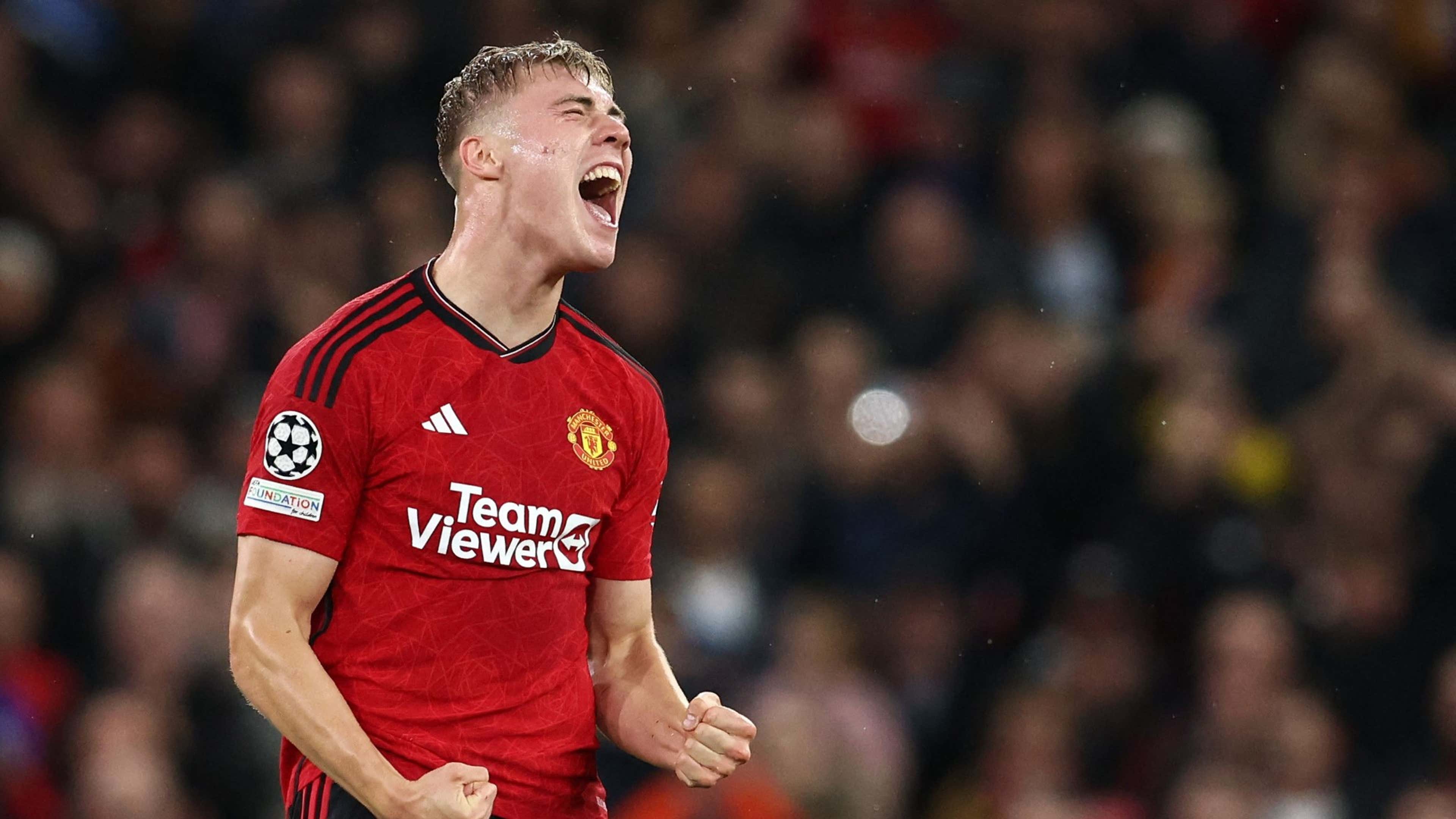 Anfield awaits
Anfield awaits
But there is a very simple way to get back on track and ease the pressure on his shoulders: score at Anfield on Sunday and inspire United to their first win at Liverpool since January 2016.
That is far easier said than done, of course. Liverpool are league leaders, have the joint-best defence in the league and they hammered United 7-0 last season.
Hojlund is running out of excuses and he has to deliver soon. And there’s no better place to do that than at Anfield. But he will need the help of his manager and his team-mates, who need to start playing to his strengths.
